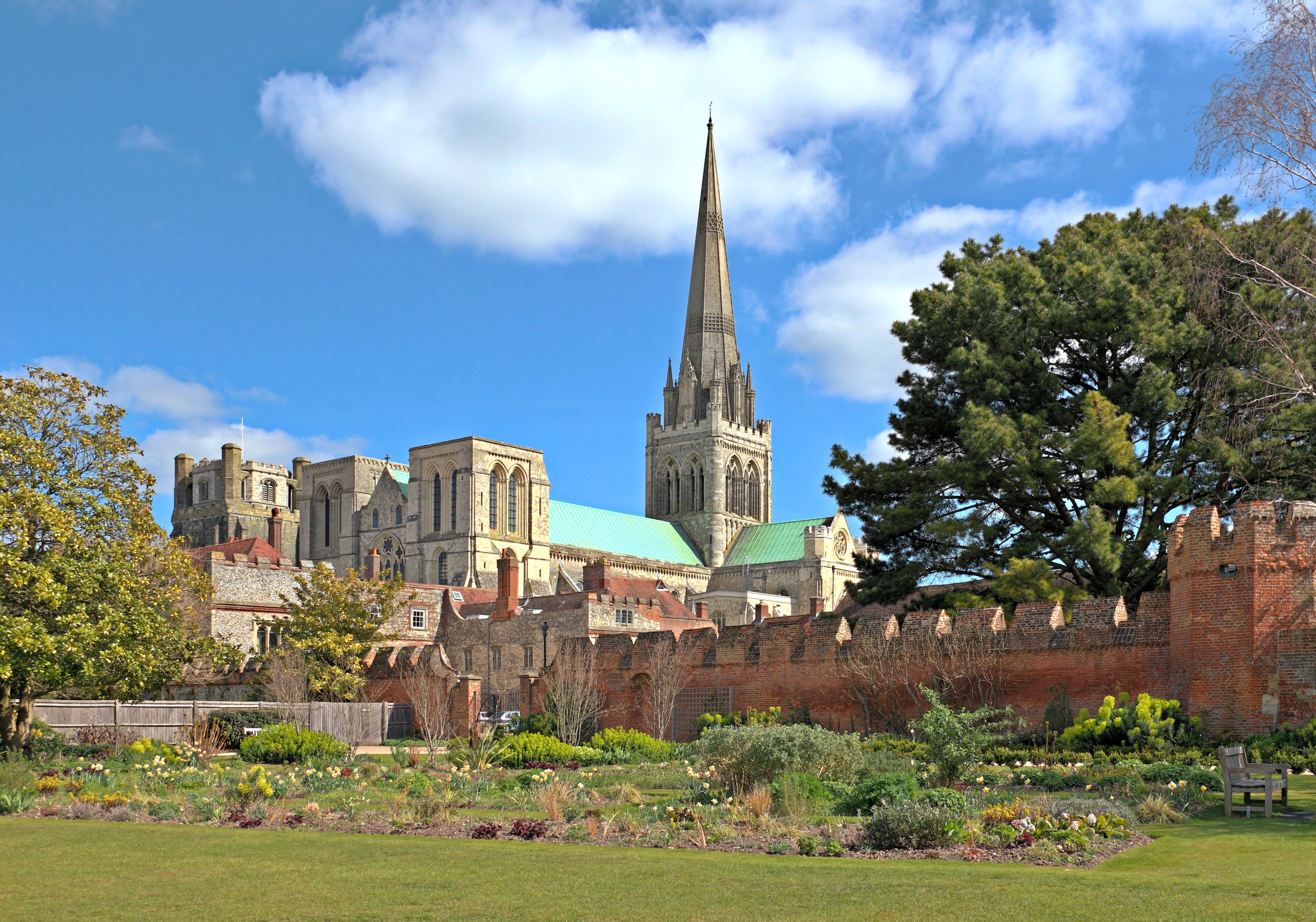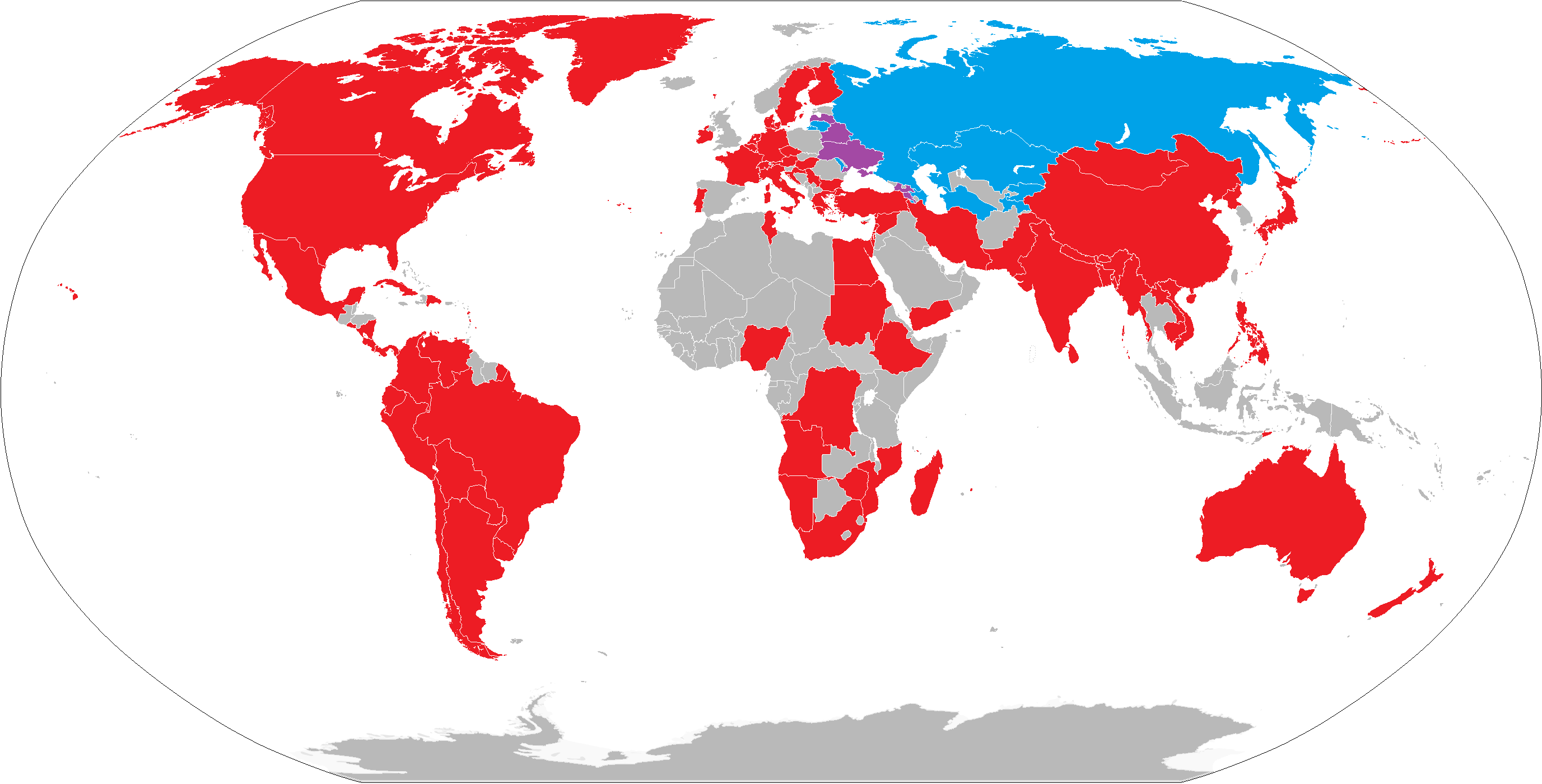|
Arthur Stuart Duncan Jones
Arthur Stuart Duncan-Jones (25 April 1879 – 19 January 1955) was an Anglican priest and author in the first half of the 20th century.'' Who was Who 1897-1990'', London, A & C Black, 1991. Arthur Duncan-Jones was the son of another priest, Duncan Llewellyn Davies Jones, curate of Willoughby, Lincolnshire. Educated at Pocklington School and Gonville and Caius College, Cambridge, he was ordained in 1912. He held the College living at Blofield from 1912 until 1915 when he became Rector of Louth. He held further incumbencies at St Mary's, Primrose Hill, and St Paul's, Knightsbridge, before being elevated to the Deanery at Chichester Cathedral in 1929. He held this post until his death on 19 January 1955. He was father of the philosopher Austin Duncan-Jones and journalist Vincent Stuart Duncan-Jones, who served as General Secretary of the British Peace Committee (the British section of the World Peace Council) from 1950 to 1954, and went to Vienna in 1954 as part of the Secretariat ... [...More Info...] [...Related Items...] OR: [Wikipedia] [Google] [Baidu] |
Anglican
Anglicanism is a Western Christian tradition that has developed from the practices, liturgy, and identity of the Church of England following the English Reformation, in the context of the Protestant Reformation in Europe. It is one of the largest branches of Christianity, with around 110 million adherents worldwide . Adherents of Anglicanism are called ''Anglicans''; they are also called ''Episcopalians'' in some countries. The majority of Anglicans are members of national or regional ecclesiastical provinces of the international Anglican Communion, which forms the third-largest Christian communion in the world, after the Roman Catholic Church and the Eastern Orthodox Church. These provinces are in full communion with the See of Canterbury and thus with the Archbishop of Canterbury, whom the communion refers to as its '' primus inter pares'' (Latin, 'first among equals'). The Archbishop calls the decennial Lambeth Conference, chairs the meeting of primates, and is the ... [...More Info...] [...Related Items...] OR: [Wikipedia] [Google] [Baidu] |
Deanery
A deanery (or decanate) is an ecclesiastical entity in the Roman Catholic Church, the Eastern Orthodox Church, the Anglican Communion, the Evangelical Church in Germany, and the Church of Norway. A deanery is either the jurisdiction or residence of a dean. Catholic usage In the Catholic Church, Can.374 §2 of the Code of Canon Law grants to bishops the possibility to join together several neighbouring parishes into special groups, such as ''vicariates forane'', or deaneries. Each deanery is headed by a vicar forane, also called a dean or archpriest, who is—according to the definition provided in canon 553—a priest appointed by the bishop after consultation with the priests exercising ministry in the deanery. Canon 555 defines the duties of a dean as:Vicars Forane (Cann. 553–555) from the |
Alumni Of Gonville And Caius College, Cambridge
Alumni (singular: alumnus (masculine) or alumna (feminine)) are former students of a school, college, or university who have either attended or graduated in some fashion from the institution. The feminine plural alumnae is sometimes used for groups of women. The word is Latin and means "one who is being (or has been) nourished". The term is not synonymous with "graduate"; one can be an alumnus without graduating (Burt Reynolds, alumnus but not graduate of Florida State, is an example). The term is sometimes used to refer to a former employee or member of an organization, contributor, or inmate. Etymology The Latin noun ''alumnus'' means "foster son" or "pupil". It is derived from PIE ''*h₂el-'' (grow, nourish), and it is a variant of the Latin verb ''alere'' "to nourish".Merriam-Webster: alumnus .. Separate, but from the s ... [...More Info...] [...Related Items...] OR: [Wikipedia] [Google] [Baidu] |
People Educated At Pocklington School
A person ( : people) is a being that has certain capacities or attributes such as reason, morality, consciousness or self-consciousness, and being a part of a culturally established form of social relations such as kinship, ownership of property, or legal responsibility. The defining features of personhood and, consequently, what makes a person count as a person, differ widely among cultures and contexts. In addition to the question of personhood, of what makes a being count as a person to begin with, there are further questions about personal identity and self: both about what makes any particular person that particular person instead of another, and about what makes a person at one time the same person as they were or will be at another time despite any intervening changes. The plural form "people" is often used to refer to an entire nation or ethnic group (as in "a people"), and this was the original meaning of the word; it subsequently acquired its use as a plural form of per ... [...More Info...] [...Related Items...] OR: [Wikipedia] [Google] [Baidu] |
1879 Births
Events January–March * January 1 – The Specie Resumption Act takes effect. The United States Note is valued the same as gold, for the first time since the American Civil War. * January 11 – The Anglo-Zulu War begins. * January 22 – Anglo-Zulu War – Battle of Isandlwana: A force of 1,200 British soldiers is wiped out by over 20,000 Zulu warriors. * January 23 – Anglo-Zulu War – Battle of Rorke's Drift: Following the previous day's defeat, a smaller British force of 140 successfully repels an attack by 4,000 Zulus. * February 3 – Mosley Street in Newcastle upon Tyne (England) becomes the world's first public highway to be lit by the electric incandescent light bulb invented by Joseph Swan. * February 8 – At a meeting of the Royal Canadian Institute, engineer and inventor Sandford Fleming first proposes the global adoption of standard time. * March 3 – United States Geological Survey is founded. * March 11 – Th ... [...More Info...] [...Related Items...] OR: [Wikipedia] [Google] [Baidu] |
Walter Hussey
John Walter Atherton Hussey (15 May 1909 – 25 July 1985) was an English priest of the Church of England who had a great fondness for the arts, commissioning a number of musical compositions and visual art for the church as well as amassing his own collection. Biography Walter Hussey, as he was known, was born on 15 May 1909 in Northampton, the younger son of Canon John Rowden Hussey and his wife Lilian. John Hussey was then vicar of St Matthew's Church, Northampton, a living which he had held since the church was built in 1893. As a small boy Walter attended The Knoll, a preparatory school at Woburn Sands, from where he won a foundation scholarship to Marlborough College in 1922. In 1927 he went up to Keble College, Oxford to read Philosophy, Politics and Economics, obtaining his BA in 1930. Before entering Cuddesdon Theological College in July 1931 he spent some time as a schoolmaster at Charleston, a preparatory school in Seaford, Sussex. After his ordination Hussey be ... [...More Info...] [...Related Items...] OR: [Wikipedia] [Google] [Baidu] |
Dean Of Chichester
The Dean of Chichester is the dean of Chichester Cathedral in Sussex, England. Bishop Ralph is credited with the foundation of the current cathedral after the original structure built by Stigand was largely destroyed by fire in 1114. Ralph did not confine his activities just to rebuilding the cathedral; he provided for a more complete constitution of his chapter by also creating the offices of ''Dean, Precentor, Chancellor and Treasurer.'' The function of these four officials was to ensure the proper conduct of church services, the care of the church building and the supervision of subordinates.Stephens. ''Memorials'' p. 323 Beneath these four officials were the canons of the cathedral who in the medieval period were about twenty six in number.Hobbs. ''Chichester Cathedral''. p. 13 The dean would have been elected by the canons, and would have the power to act in administrative matters only with their consent. The dean and his staff, however, were subject to the bishop's autho ... [...More Info...] [...Related Items...] OR: [Wikipedia] [Google] [Baidu] |
Project Canterbury
Project Canterbury (sometimes abbreviated as PC) is an online archive of material related to the history of Anglicanism. It was founded by Richard Mammana, Jr. in 1999 with a grant from Episcopal Church Presiding Bishop Frank T. Griswold, and is hosted by the non-profit Society of Archbishop Justus. The episcopal patron of the site is Terry Brown, retired bishop of Malaita in the Church of the Province of Melanesia; Geoffrey Rowell Bishop of Gibraltar in Europe The Bishop of Gibraltar in Europe, commonly known as the Bishop in Europe, is the ordinary of the Church of England's Diocese in Europe in the Province of Canterbury. Overview The diocese provides the ministry of Anglican chaplains, not only ... had served in this capacity from 1999 until his death. Volunteer transcribers prepare material for the site, which incorporates modern scholarly material, primary source texts, photographic images and engravings. Imprint Since 2018, Project Canterbury is also an imprint of ... [...More Info...] [...Related Items...] OR: [Wikipedia] [Google] [Baidu] |
World Peace Council
The World Peace Council (WPC) is an international organization with the self-described goals of advocating for universal disarmament, sovereignty and independence and peaceful co-existence, and campaigns against imperialism, weapons of mass destruction and all forms of discrimination. Founded from an initiative of the Information Bureau of the Communist and Workers' Parties, WPC emerged from the bureau's worldview that divided humanity into Soviet-led "peace-loving" progressive forces and US-led "warmongering" capitalist countries. Throughout the Cold War, WPC operated as a front organization as it was controlled and largely funded by the Soviet Union, and refrained from criticizing or even defended the Soviet Union's involvement in numerous conflicts. These factors led to the decline of its influence over the peace movement in non-Communist countries. Its first president was the French physicist and activist Frédéric Joliot-Curie. It was based in Helsinki, Finland from 1968 ... [...More Info...] [...Related Items...] OR: [Wikipedia] [Google] [Baidu] |
Austin Duncan-Jones
Austin Ernest Duncan-Jones (5 August 1908 – 2 April 1967) was a British philosopher, with a primary focus on meta-ethics. He was Professor of Philosophy at the University of Birmingham from 1951 until his death. He was president of the Aristotelian Society for 1960-61. Early life and education Duncan-Jones was son of the Very Reverend Arthur Stuart Duncan-Jones, Dean of Chichester, and was educated at Gonville and Caius College, Cambridge.Dictionary of Twentieth-Century British Philosophers, vol. 1, A-L, ed. Stuart Brown, Hugh Terence Bredin, Thoemmes Continuum, 2005, p. 245 Career In 1934, Duncan-Jones was appointed assistant lecturer in philosophy at the University of Birmingham, becoming professor in 1951. "In both motivation and style", Duncan-Jones was influenced by G. E. Moore. One of Duncan-Jones's concerns was to endorse the method of analysis he considered characteristic of Cambridge philosophy at the time; with A. J. Ayer, he made his most important contribution i ... [...More Info...] [...Related Items...] OR: [Wikipedia] [Google] [Baidu] |
The Times
''The Times'' is a British daily national newspaper based in London. It began in 1785 under the title ''The Daily Universal Register'', adopting its current name on 1 January 1788. ''The Times'' and its sister paper ''The Sunday Times'' (founded in 1821) are published by Times Newspapers, since 1981 a subsidiary of News UK, in turn wholly owned by News Corp. ''The Times'' and ''The Sunday Times'', which do not share editorial staff, were founded independently and have only had common ownership since 1966. In general, the political position of ''The Times'' is considered to be centre-right. ''The Times'' is the first newspaper to have borne that name, lending it to numerous other papers around the world, such as ''The Times of India'', ''The New York Times'', and more recently, digital-first publications such as TheTimesBlog.com (Since 2017). In countries where these other titles are popular, the newspaper is often referred to as , or as , although the newspaper is of nationa ... [...More Info...] [...Related Items...] OR: [Wikipedia] [Google] [Baidu] |


_1938.jpg)




